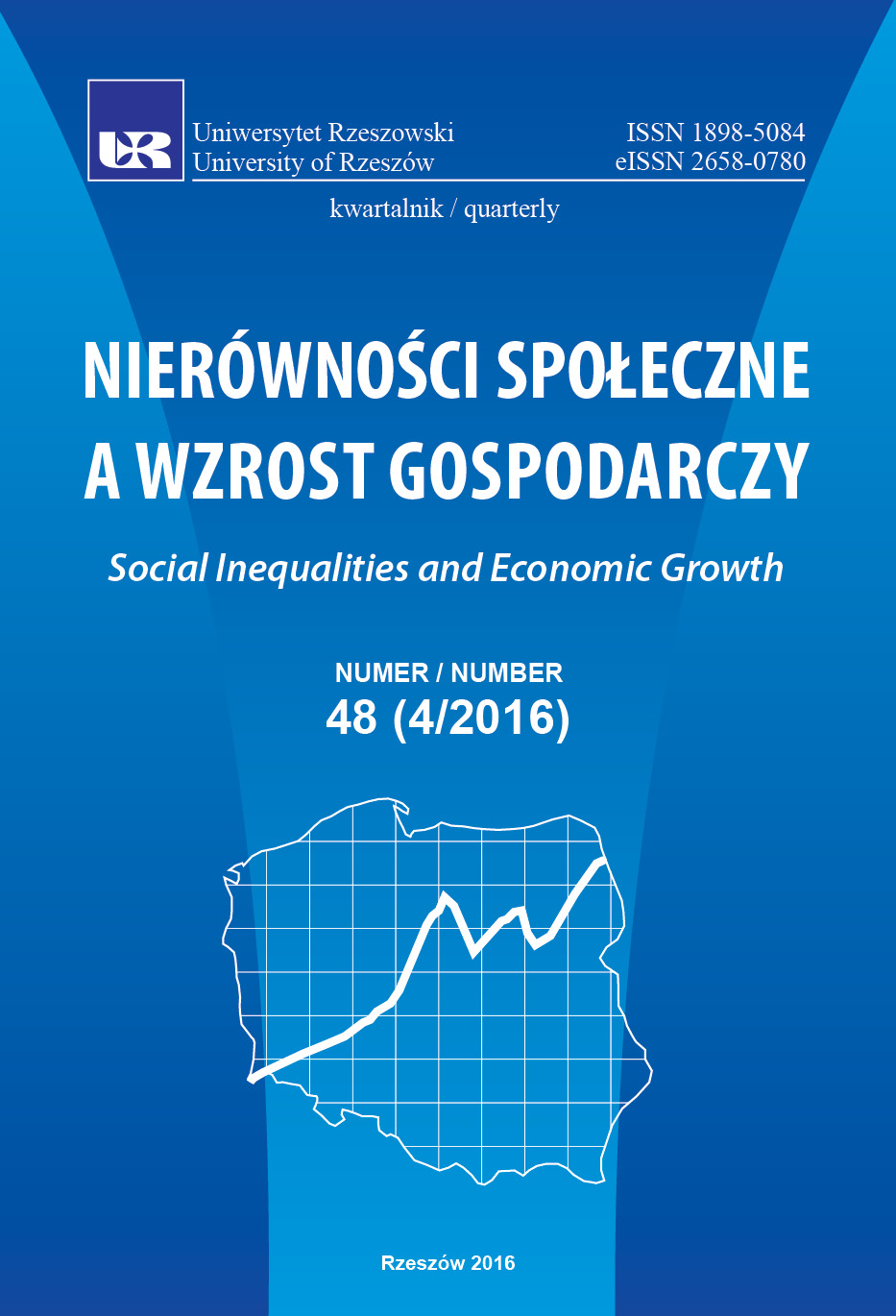Specifics of Emotional State of Children Engaged in Sports Activities (on the example of taekwondo)
DOI:
https://doi.org/10.15584/nsawg.2016.4.31Keywords:
psychologia ekonomiczna, psychologia sportu, psychologia dziecka, emocjeAbstract
The article is devoted to the study of the emotional state of children who go in for taekwondo. The research is dedicated to the sport and health sphere as a branch of the economy. The fundamental significance of children's physical culture and sport for the development of the sports industry has been considered. Its successful development requires organizing the multilevel system of sportsmen training and creating a commercial product on this basis. Particular tasks must be executed at each level and additional private infrastructure elements must be formed. It is known that martial arts not only develop physical qualities, but also the psyche of a sportsman and his personality qualities. Practicing the martial arts helps to overcome negative emotions, teachers to cope with fear. Taking into consideration the heterogeneity of children’s psyche and its developing nature in the process of a personality formation, emotional experiences of young sportsmen before and after training have been studied. The results of empirical research have been got by the projective technique. Analysis of children's drawings has showed that in the process of taekwondo’s sports training the physical activity slightly reduces mental stress. It has been found out that before training, almost all the children (12 children of 13) experienced anxiety, tension, asthenic feelings, selfdoubt, and in some cases, impulsiveness, fear and aggression. After training, these emotional states remained, and the level of external aggression was increased.Downloads
Download data is not yet available.
Downloads
Published
2020-11-13
How to Cite
Милушина, М. . (2020). Specifics of Emotional State of Children Engaged in Sports Activities (on the example of taekwondo). Social Inequalities and Economic Growth, 4(48), 411–425. https://doi.org/10.15584/nsawg.2016.4.31
Issue
Section
Articles
License
Copyright (c) 2016 University of Rzeszow

This work is licensed under a Creative Commons Attribution-ShareAlike 4.0 International License.


